It only makes sense that Disney tapped director Jon Favreau to helm The Lion King, a CGI remake of the 1994 animated film. Disney’s been at this CGI/live-action remake thing for the better part of the last decade, with varying levels of success, but Favreau’s 2016 adaptation of The Jungle Book was one of its early effective endeavors, both from a critical and financial standpoint. One of the highest points of praise for The Jungle Book was the novelty of how well Favreau handled the visual transformation of the animated classic into a blend of CGI and live action, and he was ready to take it further in The Lion King, which has no humans in sight.
You probably already know the gist of The Lion King, and if you do, you know this film too – the story is largely unchanged except on a visual level. The Lion King stars Donald Glover as Simba, a young lion who happens to be prince of The Pride Lands. Tragedy strikes Simba at a young age when his sinister uncle Scar (Chiwetel Ejiofor) kills Simba’s father in order to take the throne for himself. Scar believes he’s killed Simba too, but Simba escapes, running away after believing he’s responsible for his father’s death. After growing up away from his family and living a care-free life with new friends, Simba’s friend Nala (Beyoncé) eventually finds him and urges him to come home and take his rightful place on the proverbial throne. It’s a simple but good story with enough room for moments of grief, laughter, triumph: the perfect Disney formula.
I was 10 when The Lion King came out in theaters, so I’m likely the exact target demographic of this audience: old enough to theoretically have kids of my own, but young enough to feel a childish nostalgia for the 90s original. And that sense of nostalgia is definitely there: for whatever reason I still have very specific memories of collecting The Lion King trading cards. Isn’t it sad how we often remember the movie’s merchandise as much as the movie itself? I can even remember how the Nala card looked and how excited I was when I opened it from the package.
As far as my memory of the original goes (and I’ll admit it’s been quite a while) this remake is mostly very faithful to the original story. There’s a new song and a lot more hilarious banter between Timon (Billy Eichner) and Pumbaa (Seth Rogen), but the film’s iconic moments are almost entirely preserved. It’s fair to say for the first hour or so of the movie, if you’re a fan of the original, the nostalgia factor is strong and this remake basically serves as an updated way to enjoy what you love about the classic.
On the casting front, I also think The Lion King is quite successful. Eichner’s riffs really live up to Nathan Lane’s original performance, and Ejiofor presents a particularly treacherous Scar. James Earl Jones is back to pick up his role as Mufasa, giving us more of the same iconic performance we remember, almost word for word. Beyoncé and Glover give strong musical performances and are solid voice actors, though I would say the singing outshine the acting. John Oliver as Zazu probably stands out as the actor that’s hardest to lose in his performance, which can get a little too distracting.
What’s most distracting about the film, though, is the unrelenting photorealism. This is similar to the approach Favreau took with The Jungle Book, but kicked up a notch – some shots look like CGI recreations of National Geographic footage. It’s an interesting and even impressive technology, and for the first half of the film I didn’t really mind it. There was enough color and musical numbers that Simba’s ability to, say, smile or frown wasn’t at the forefront of my concerns. Though even at its best, I still had to wonder: Why? Why do we need photorealistic singing lions?
In the back half of the film, particularly the final act when Simba comes home to confront Scar, it gets harder and harder to portray the family drama and conflict with these CGI adult lions. It feels like watching a fight erupt at the zoo. Except there’s professional actors yelling and screaming over the fight. I think if this approach were to work in the final act, Favreau needed to deviate more from the original. But the last act follows so many of the same beats as the animated picture, except, well, less animated.
Taken for what it is – a faithful retelling of something I really enjoyed as a child – The Lion King largely succeeds at its task. I don’t think The Lion King is any worse or better than The Jungle Book, but I expect it won’t be as well-received, because it came after but doesn’t have much more to offer. Good casting and incremental improvements in the rendering of a CG animal’s face aren’t enough to make a classic remake stand out when they’re twice-yearly events. I hope as they move forward, Disney finds a way to update its classics on more than a visual and technical level, instead adding new things to the franchise for both new fans and fans of the original to love.



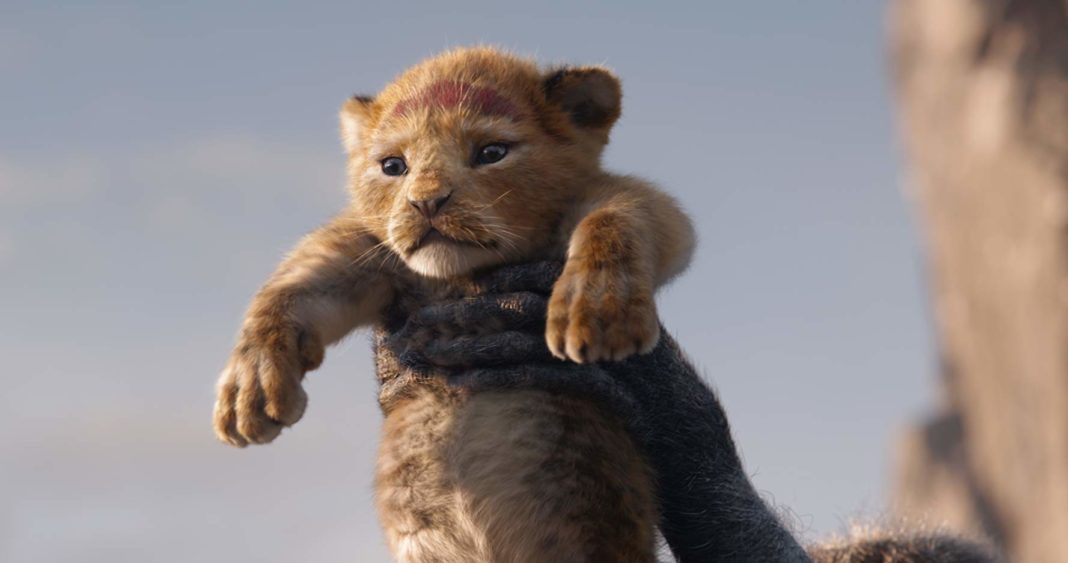
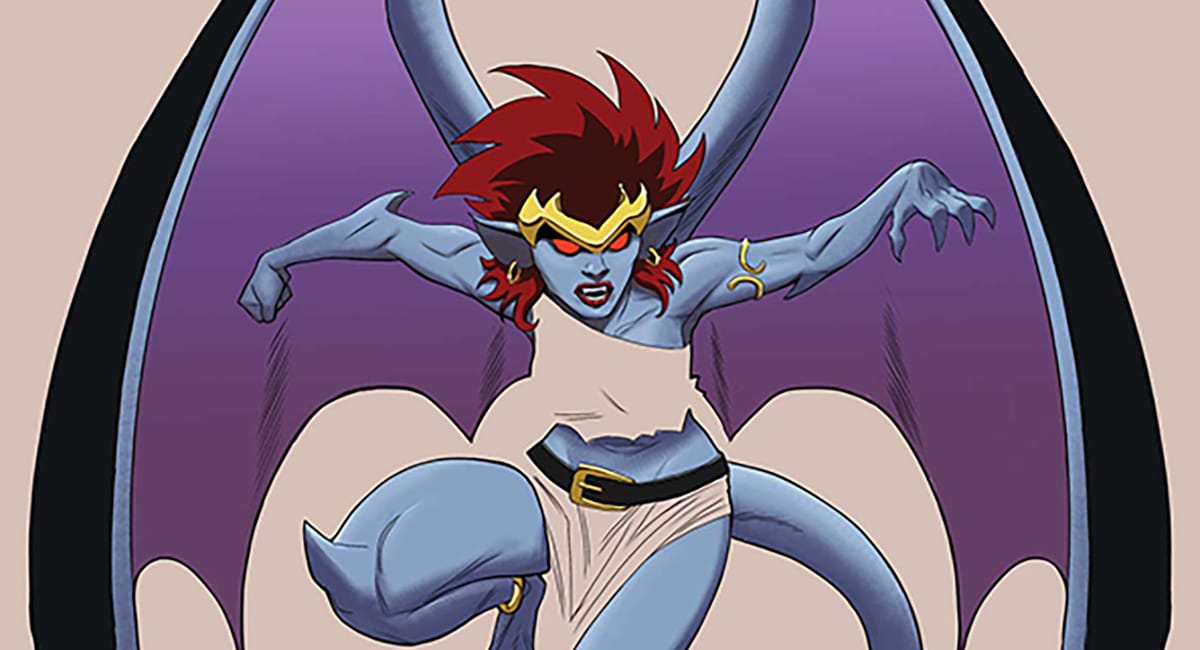
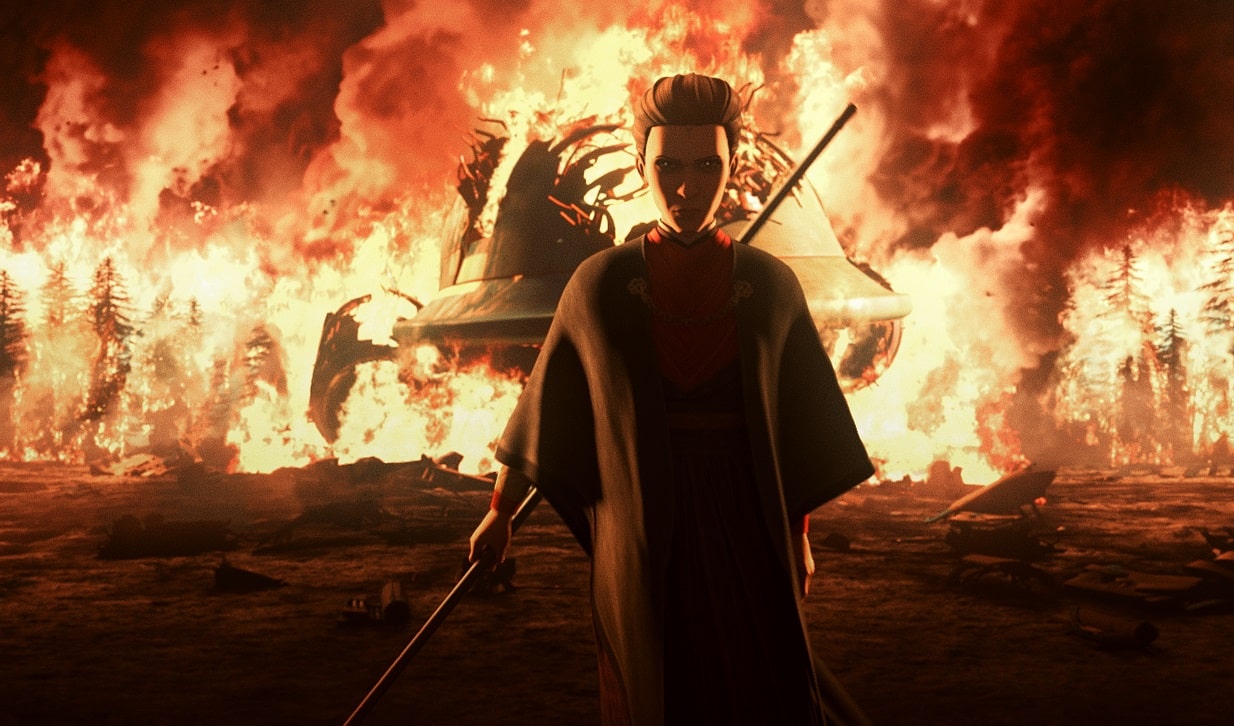
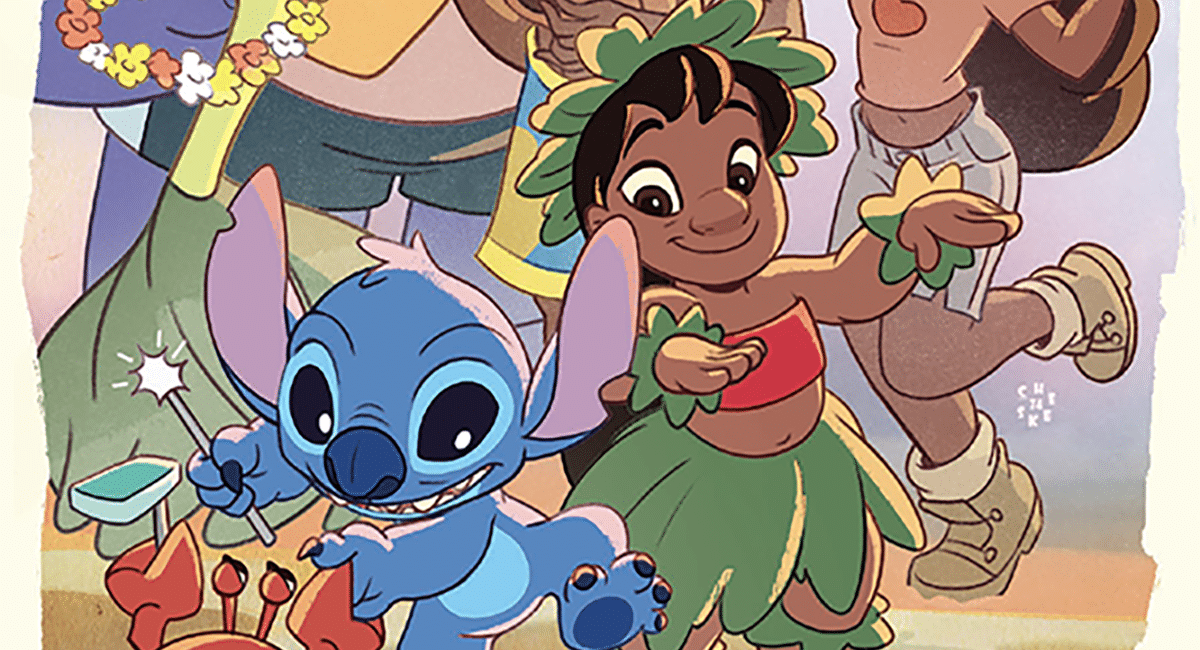

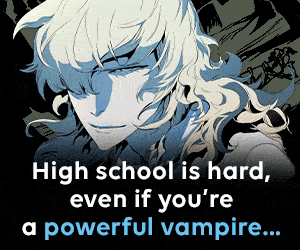

thank you for sharing your review on The Lion King really I am very happy to read this review
Comments are closed.